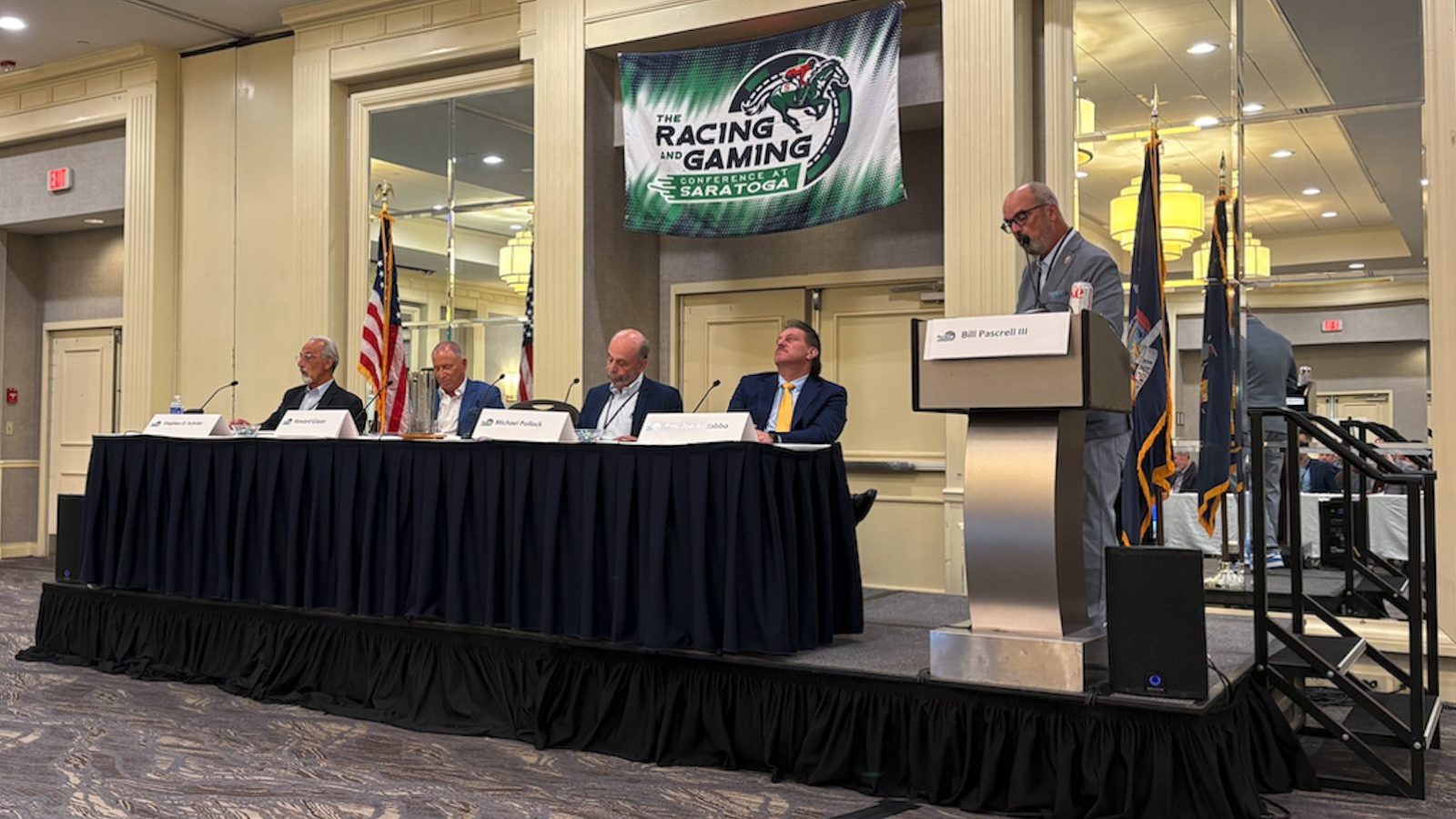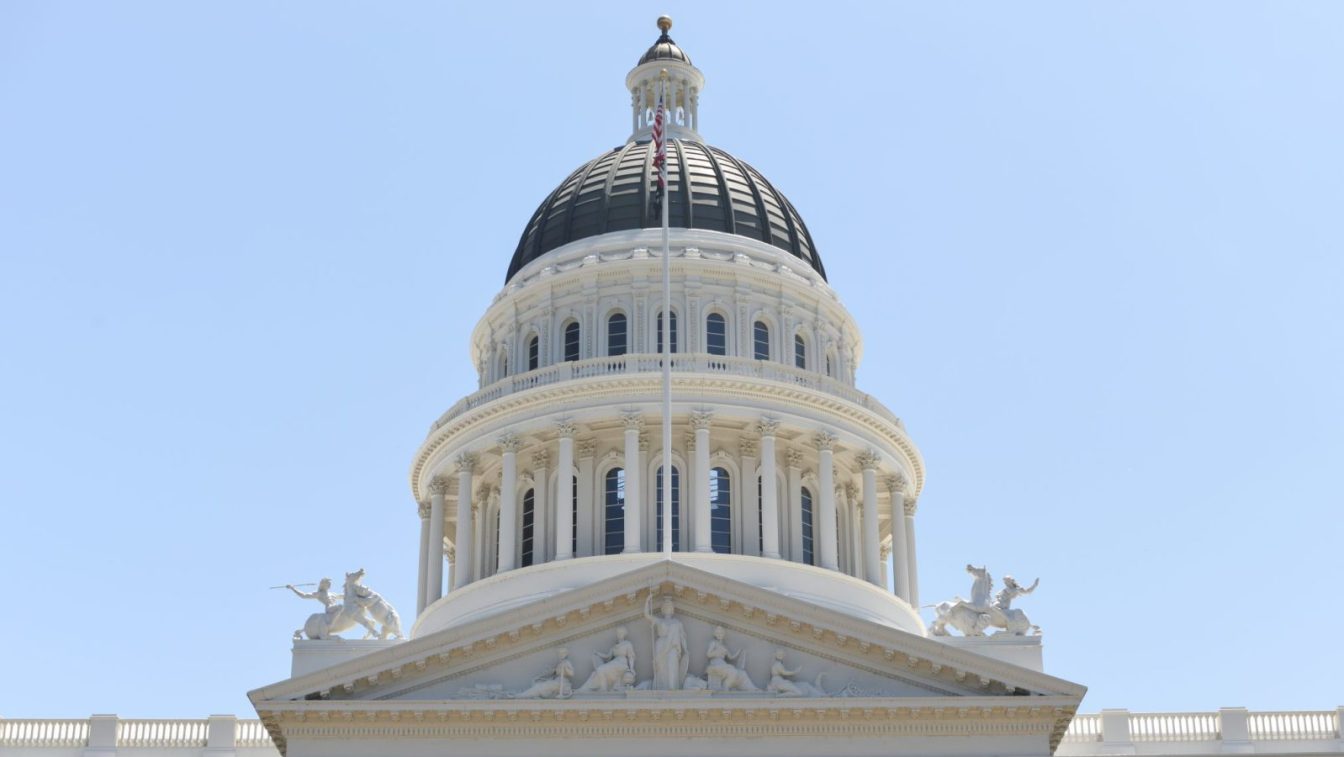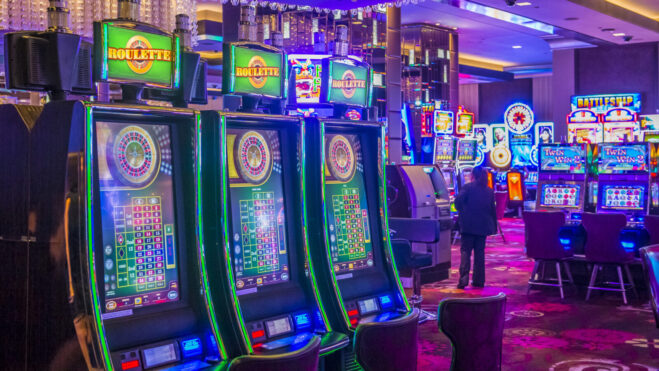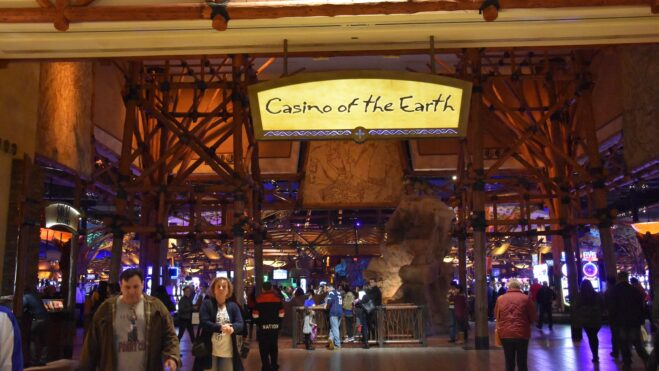The Continuing Sweepstakes Conundrum: Ban Or Regulate?
Industry panelists claim they’d like to legalize and tax sweeps but operators don’t want that
3 min

The burgeoning sweepstakes casino gaming industry has been under fire for more than a year, with retail casino operators and state legislators and regulators taking aim across the U.S.
But at a Saratoga Racing and Gaming Conference panel on Tuesday, the vertical actually got some support — just not necessarily the kind that sweepstakes operators are seeking.
“I don’t believe in banning … anything,” said moderator Bill Pascrell III, a prominent longtime lobbyist for gaming companies. “I think banning things creates a motivation for people to drive toward something without player protection, responsible gambling, [anti-money laundering], et cetera.”
Even so, both Pascrell and New York state Sen. Joseph Addabbo Jr. — a prime sponsor of a bill now on Gov. Kathy Hochul’s desk that would specify that sweepstakes casino games are illegal — agreed that ultimately, the best solution seems to be allow the new gambling as long as those companies are regulated and taxed just like authorized gaming operators.
But Pascrell added that in his conversations with sweepstakes company executives, “all I get is lip service” when it comes to agreeing to state government regulation. (The panel did not include any representatives from the sweepstakes operator side to potentially refute that claim.)
Addabbo explained that because New York — unlike neighboring New Jersey and Pennsylvania — has not legalized iGaming, it stands to reason that casino gaming with sweepstakes-style prizing should not be allowed, either.
“Once you risk money to try to make money, that’s gambling,” said Addabbo, who for several years has sponsored bills to legalize online casino in New York, only to see them fail because the majority of the state Assembly opposes the idea. “For those who say they don’t want to regulate things further, I tell them, ‘Take your blinders off and look around at what’s happening.’
“People are doing this and they don’t even know it’s illegal. I get emails from pissed-off people because I dare take away their income from them because they are winning money. I nicely tell them, ‘Please understand that you won the money illegally, and now I will be forwarding this email to the [Internal Revenue Service].’ Then I don’t hear from them anymore.”
‘You have to regulate it’
All quips aside, Addabbo estimated that only 24% of total online gambling in New York is taxed, compared to 62% for New Jersey. But if sweepstakes operators ever came around and agreed to come under the regulated umbrella, Addabbo suggested he would listen.
“You can’t just ban it — you have to regulate it,” said Addabbo, who asserts that the state has lost billions of dollars in badly needed tax revenue from resisting his efforts to legalize online casino gaming in all forms.
Steve Schrier, a partner in the Blank Rome law firm, explained how the sweepstakes companies arguably have attained “plausible deniability” about whether their products are illegal.
Most states, he said, have laws that define gambling as occurring when a consumer offers a “consideration” — Addabbo’s bill simply calls it “cash” — in exchange for an opportunity to win money. But a sweepstakes operator invites new customers to play its games for free — for a while. Then an engaged customer may purchase “virtual coins” in order to continue playing the website’s casino games, while other games remain free, thereby potentially creating a legal loophole.
Gray or black?
Michael Pollock, a senior policy advisor for event sponsor Spectrum Gaming Group, strongly disagreed with that common perception that sweepstakes gaming is a “gray market.”
“I submit that there is nothing ‘gray’ about the type of gambling we are talking about,” Pollock said. “This meets the definition of illegal gambling. A gaming license is a privilege that has to be earned. If you do not fit that criteria, then you have forfeited the right to participate. You can be banned, and you should be banned.”
Howard Glaser, the global head of government affairs for the Light & Wonder company that advocates for iGaming legalization, gave a brief history lesson about how Roman emperor Justinian in the year 569 imposed what is believed to be the first version of gambling regulations. His three prongs, Glaser said, were concerns about customers being cheated by unfair play; worries that people could get “in over their heads” to an extent that they became a problem for society as well as themselves; and a perceived association of gambling with overall criminal activity.
“The same three concerns are present in all gaming regulations today,” Glaser said, while also referring to a recent report that gross gaming revenue in the U.S. in 2024 was $20 billion for legal operators and estimated at $74 billion for illegal, unregulated, and untaxed offshore operators.
While Glaser said sweepstakes operators theoretically could welcome becoming legal, “they will not do that, because regulation is inimical to their entire business model — it just doesn’t work.”
Glaser reeled off a list of more than a dozen states that have reviewed sweepstakes casino operations, with all of those states concluding that it was illegal.
“Last week was something that I have never seen in 45 years in the industry: all 50 attorneys general submitted a letter to the U.S. attorney general calling for the federal government to step in and combat illegal offshore gambling,” Glaser said. “When two attorneys general get together, they [usually] can’t agree that the sun rises in the morning.”
Strier said that while a number of states have issued cease-and-desist letters to sweepstakes operators, not all of them abide by the terms of the letter. But Glaser said that so far, all of the major operators that have received such letters have stopped doing business in those states.





